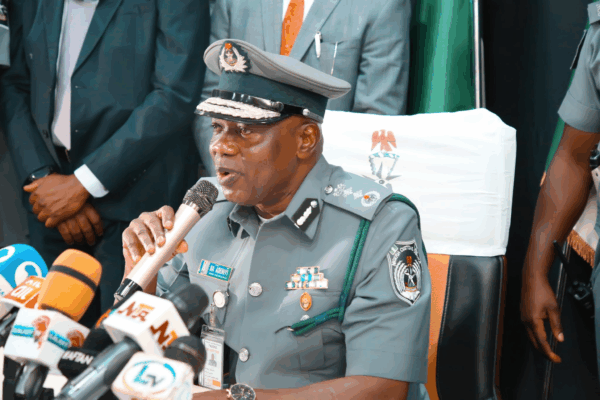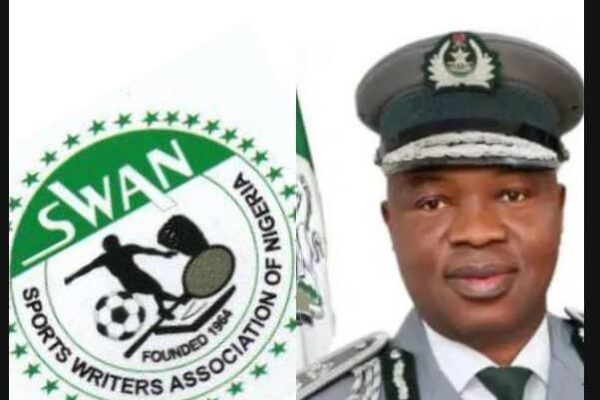
N14.4bn for Luxury Cars: Customs Faces Backlash Over 2025 Vehicle Budget Amid Economic Hardship
Abuja — The Nigeria Customs Service (NCS) has come under fire from civil society organisations following revelations that it plans to spend ₦14.39 billion on luxury vehicles for senior officers in 2025, as part of a broader ₦35.27 billion vehicle procurement budget. According to details obtained from the service’s proposed 2025 appropriation bill, 579 new vehicles are to be purchased, with the most expensive models earmarked for senior ranks such as Comptrollers, Assistant Comptroller-Generals (ACGs), and Deputy Comptroller-Generals (DCGs). Unit prices for these vehicles range from ₦44 million to ₦75 million. Brands listed for acquisition include BYD hybrids, CHANGAN, MAXUS D90, NISSAN MG5, MIKANO, and NORD, with a breakdown showing 20 CHANGAN CS95 vehicles at ₦68m each for ACGs and 15 MAXUS D90 SUVs at ₦70m each for DCGs. Also budgeted are 20 QIN BYD hybrid sedans (₦65m each) and 15 HAN BYD hybrids (₦75m each), along with 180 sedans for Comptrollers valued at over ₦9.5bn in total. Additionally, operational vehicles such as 50 NORD TUSK trucks, 100 JIM 4WDs, and 10 30-seater buses are included in the proposal. Civil society groups have slammed the plan as wasteful, tone-deaf, and morally unjustifiable, especially as millions of Nigerians grapple with severe economic challenges. Ayo Ologun, convener of the Transparency and Accountability Group (TAG), accused the Customs of hypocrisy. He questioned why the agency would spend billions on imported vehicles when it had impounded thousands of serviceable cars in recent years. “Customs claim to be generating revenue but squander it on luxury. Why can’t they refurbish seized vehicles instead of this extravagant spending?” Ologun asked. In 2024 alone, the Customs reported 397 seizures of vehicles valued at ₦5.64 billion, while over 3,400 vehicles were seized in 2023. Anti-corruption groups argue these could meet the agency’s operational needs if refurbished, saving the nation scarce resources. Debo Adediran, Executive Director of the Centre for Anti-Corruption and Open Leadership (CAROL), described the procurement as “obscene opulence,” saying it reflects the public sector’s insensitivity to citizens’ struggles. “This is a time for empathy, not extravagance,” Adediran stated. “Many Nigerians are struggling to survive, yet government officials continue to flaunt immoral affluence.” He added that funds allocated to vehicle purchases could instead support critical sectors such as health and education. As public frustration over government spending grows, critics are calling for greater fiscal responsibility and a reassessment of luxury spending in governance—particularly during a time when many Nigerians face worsening inflation, unemployment, and economic hardship.



